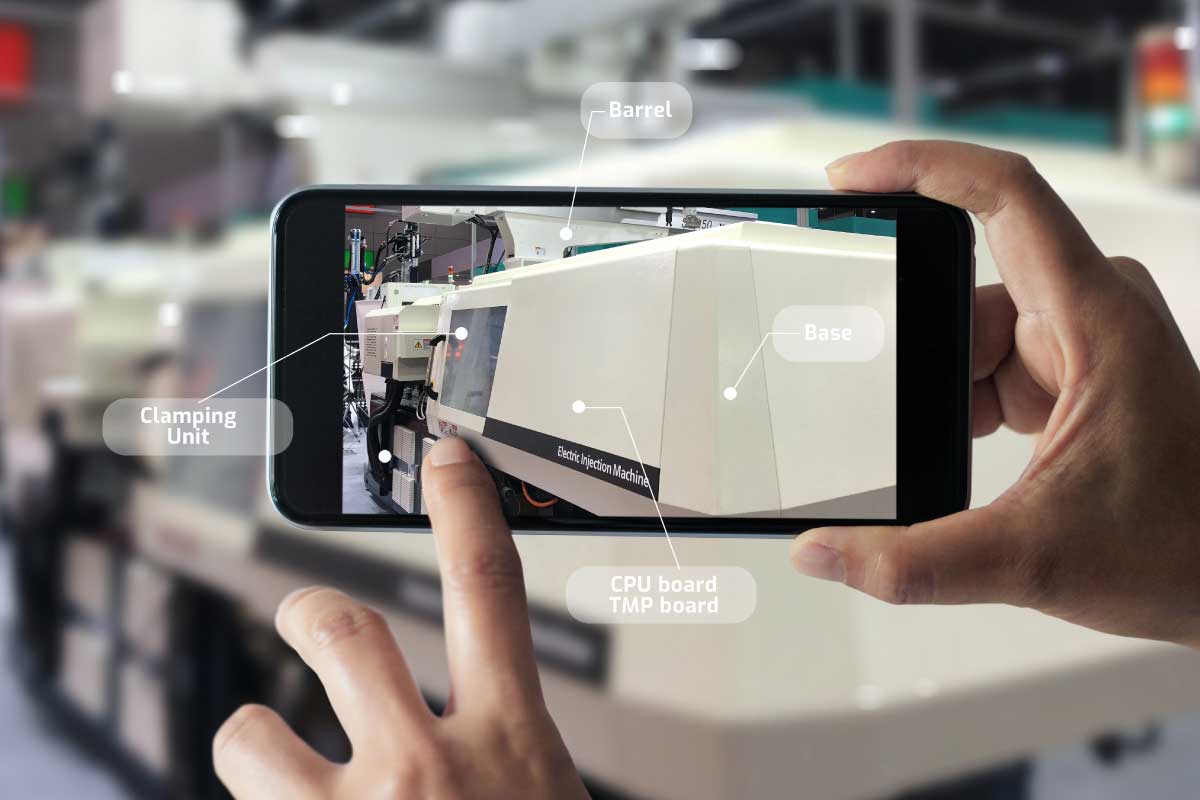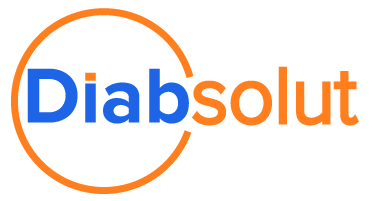A New, More Accessible Option for VR from Salesforce: Is it Right for Your Business?
 Virtual reality (VR) and augmented reality (AR) being used to optimize aspects of field service management (FSM) isn’t a new concept—as they can both potentially deliver significant benefits for field service (FS) organizations.
Virtual reality (VR) and augmented reality (AR) being used to optimize aspects of field service management (FSM) isn’t a new concept—as they can both potentially deliver significant benefits for field service (FS) organizations.
Despite this, and despite technology experts singing the praises of VR and AR in the industry for years, FS has been slow to embrace it.
Why?
One reason is that the technology poses some major issues for the day-to-day realities of a FS workers. Think about your techs in the field. They’re already dealing with a lot—now make them responsible for an unfamiliar and expensive piece of equipment—including:
- Charging it,
- Ensuring it’s secure,
- And not breaking it.
So, even if your field service employees are enthusiastic about adopting AR or VR, which a lot are, it presents some issues and a big learning curve.
Where does Salesforce come in?
Salesforce VRA (Visual Remote Assistant) is an addition to Service Cloud that is capable of delivering the same benefits as traditional AR and has been adapted to work on mobile devices.
Take away the VR/AR glasses and other specialty tech we normally associate with VR and AR, replace it with something we use every day, and you eliminate not only the issues listed in the previous section, but the host of other reasons AR and VR has suffered from slow adoption rates—like the initial investment costs.
Salesforce VRA at a glance
In brief, it:
- Has a rapid time to value and fast deployment in the Salesforce platform.
- Utilizes information and technology for better accessibility and remote diagnostics in the field—even when connectivity is limited.
- It increases health and safety compliance options, as well as enables support for technicians that need to do jobs solo (e.g., due to security compliance or travel restrictions).
- Drives cost reductions and delivers a high ROI.
- Lowers contact while still delivering valuable one-on-one interaction for employees, businesses, and customers.
Use Case Examples
- Challenge: The need to service multiple types and brands of equipment, but the majority of your technicians only have general knowledge; the ones with specialized knowledge need to travel more, leaving clients waiting and delaying service.
- Solution: Salesforce VRA allows the technicians with specialized knowledge to remotely assist the other technicians—who can now have optimized schedules based on service areas, and client needs, and minimized travel and maintenance costs.
- Provides training and in-field support, as well as natural knowledge and skill transfer for everything from routine to specialty tasks.
- Lowers travel time and lead time for appointments.
- Lowered stress and optimized schedules for all technicians help with employee retention and job satisfaction—as well as customer satisfaction rates.
- Challenge: Not having enough support to resolve jobs in a timely manner, or needing to downsize; budget constraints preventing hiring and training new support.
- Solution: Enabling remote and self-guided support through Salesforce VRA, and moving a percentage of technicians who currently work on the road to remote support—where they can still see and hear what’s wrong.
- Customers are able to use virtual troubleshooting or be guided by a remote technician if needed—allowing for increased resolution offsite and lowering travel and onsite costs.
- Highly scalable depending on business needs.
- Automatic support prompts can help remote technicians and support skills up and learn.
Why it Might be Right for Your Business
A lot of the customers and clients no longer want people on site if at all possible. They want problem resolution or service delivery right away and based on their schedule. AR and VR enable that, along with the ability to be more adaptable as an organization.
If you’re looking into traditional AR and VR options, and you want something more affordable, accessible, and flexible—Salesforce VRA might be your best bet—for more information or help with your FSM solution, contact us.
About the Author
Matt McCallum, Senior Director of Sales at Diabsolut: Matt is an experienced sales leader focused on delivering outstanding customer outcomes. As a veteran of the technology channel, he has led product & service sales teams and has been responsible for managing relationships with market leaders. As Senior Director of Sales, Matt continuously brings leadership, strategy, and process improvements to Diabsolut and serves as a trusted customer advocate & executive sponsor.
Search
Trending Topics
- Maximizing Efficiency with Certinia Services Estimator: Unifying Software and Services Estimates for Enterprises
- How AMS Transforms PSA Break-Fix Management for Faster Resolutions
- How to Build Enhancements in Certinia PSA Without Overburdening Your Team
- Optimizing Certinia PSA: Addressing Backlogs, Enhancements, and Common Challenges
- Why Regular Health Checks Are Critical for Long-Term Success in Field Service Technology
- Professional Services Challenges in Today’s Business Landscape
- How Managed Services Drive Success – The Diabsolut Advantage
- Facing Challenges? Here’s How to Overcome the Top 5 Pain Points
- Understanding Personas to Improve Your Implementation of Software Solutions
- E24: SFS Roadmap Improvements for Each Persona – Java With Sugar Podcast
